[Anchor]
In the face of such strong tariff pressures, our companies are seeking new opportunities through cooperation with the United States.
In particular, Samsung Electronics has partnered with Apple.
They have decided to produce the next-generation chips for the iPhone at a factory in the United States.
This is reporter Lee Do-yoon.
[Report]
The image sensor, known as the "eye of the smartphone," is a key component that determines camera quality.
Until now, all semiconductor supplies for the iPhone camera have been provided by Japan's Sony, but Samsung has signed a contract to supply the next-generation chips.
Due to the impact of Trump's tariff policy, Apple has partnered with Samsung Electronics, which can ensure technological capabilities while enabling production in the U.S.
[Kyun Hee-gwon/Research Fellow, Korea Institute for Industrial Economics and Trade: "The Trump administration is demanding that the completeness of the value chain, from parts procurement to production and assembly, be increased within the U.S. It seems that Apple has also begun adjusting its supply chain to avoid tariffs."]
Samsung Electronics is currently operating a factory in Austin, Texas, and the Taylor factory is also on the verge of starting operations.
Here, they will produce the next-generation chips for Apple and Tesla's autonomous driving chips, respectively.
SK Hynix is set to establish a new factory in Indiana.
Since President Trump has stated that companies with factories in the U.S. or those planning to build them will be exempt from semiconductor tariffs, there are expectations that the impact on our companies will be limited.
Korea has also received a promise of most-favored-nation treatment regarding semiconductor tariffs.
However, as the U.S. government has not disclosed the details, and since Trump can reverse decisions at any time, cautious opinions are also being raised.
[Cho Sung-dae/Director of Trade Research, Korea International Trade Association: "Building a factory does not necessarily mean it will be a semiconductor factory, and various possibilities are omitted, so we will have to wait some time to see what kind of conditions may arise."]
Hyundai Motor is also strengthening cooperation with the U.S. in various fields, including jointly developing five vehicle models for the Central and South American and North American markets with General Motors.
This is KBS News, Lee Do-yoon.
In the face of such strong tariff pressures, our companies are seeking new opportunities through cooperation with the United States.
In particular, Samsung Electronics has partnered with Apple.
They have decided to produce the next-generation chips for the iPhone at a factory in the United States.
This is reporter Lee Do-yoon.
[Report]
The image sensor, known as the "eye of the smartphone," is a key component that determines camera quality.
Until now, all semiconductor supplies for the iPhone camera have been provided by Japan's Sony, but Samsung has signed a contract to supply the next-generation chips.
Due to the impact of Trump's tariff policy, Apple has partnered with Samsung Electronics, which can ensure technological capabilities while enabling production in the U.S.
[Kyun Hee-gwon/Research Fellow, Korea Institute for Industrial Economics and Trade: "The Trump administration is demanding that the completeness of the value chain, from parts procurement to production and assembly, be increased within the U.S. It seems that Apple has also begun adjusting its supply chain to avoid tariffs."]
Samsung Electronics is currently operating a factory in Austin, Texas, and the Taylor factory is also on the verge of starting operations.
Here, they will produce the next-generation chips for Apple and Tesla's autonomous driving chips, respectively.
SK Hynix is set to establish a new factory in Indiana.
Since President Trump has stated that companies with factories in the U.S. or those planning to build them will be exempt from semiconductor tariffs, there are expectations that the impact on our companies will be limited.
Korea has also received a promise of most-favored-nation treatment regarding semiconductor tariffs.
However, as the U.S. government has not disclosed the details, and since Trump can reverse decisions at any time, cautious opinions are also being raised.
[Cho Sung-dae/Director of Trade Research, Korea International Trade Association: "Building a factory does not necessarily mean it will be a semiconductor factory, and various possibilities are omitted, so we will have to wait some time to see what kind of conditions may arise."]
Hyundai Motor is also strengthening cooperation with the U.S. in various fields, including jointly developing five vehicle models for the Central and South American and North American markets with General Motors.
This is KBS News, Lee Do-yoon.
■ 제보하기
▷ 카카오톡 : 'KBS제보' 검색, 채널 추가
▷ 전화 : 02-781-1234, 4444
▷ 이메일 : kbs1234@kbs.co.kr
▷ 유튜브, 네이버, 카카오에서도 KBS뉴스를 구독해주세요!
- Samsung partners with Apple
-
- 입력 2025-08-07 23:47:59
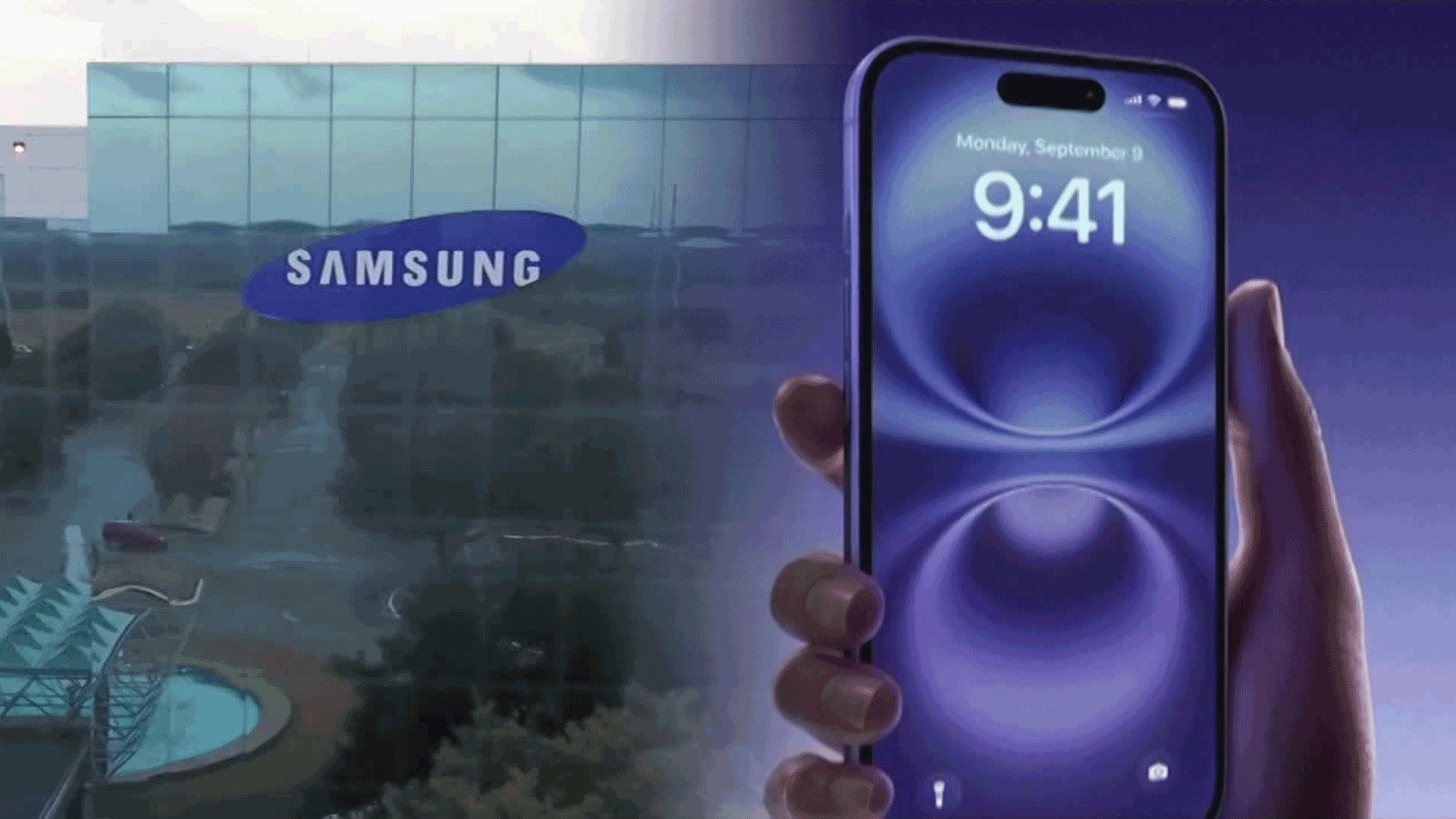
[Anchor]
In the face of such strong tariff pressures, our companies are seeking new opportunities through cooperation with the United States.
In particular, Samsung Electronics has partnered with Apple.
They have decided to produce the next-generation chips for the iPhone at a factory in the United States.
This is reporter Lee Do-yoon.
[Report]
The image sensor, known as the "eye of the smartphone," is a key component that determines camera quality.
Until now, all semiconductor supplies for the iPhone camera have been provided by Japan's Sony, but Samsung has signed a contract to supply the next-generation chips.
Due to the impact of Trump's tariff policy, Apple has partnered with Samsung Electronics, which can ensure technological capabilities while enabling production in the U.S.
[Kyun Hee-gwon/Research Fellow, Korea Institute for Industrial Economics and Trade: "The Trump administration is demanding that the completeness of the value chain, from parts procurement to production and assembly, be increased within the U.S. It seems that Apple has also begun adjusting its supply chain to avoid tariffs."]
Samsung Electronics is currently operating a factory in Austin, Texas, and the Taylor factory is also on the verge of starting operations.
Here, they will produce the next-generation chips for Apple and Tesla's autonomous driving chips, respectively.
SK Hynix is set to establish a new factory in Indiana.
Since President Trump has stated that companies with factories in the U.S. or those planning to build them will be exempt from semiconductor tariffs, there are expectations that the impact on our companies will be limited.
Korea has also received a promise of most-favored-nation treatment regarding semiconductor tariffs.
However, as the U.S. government has not disclosed the details, and since Trump can reverse decisions at any time, cautious opinions are also being raised.
[Cho Sung-dae/Director of Trade Research, Korea International Trade Association: "Building a factory does not necessarily mean it will be a semiconductor factory, and various possibilities are omitted, so we will have to wait some time to see what kind of conditions may arise."]
Hyundai Motor is also strengthening cooperation with the U.S. in various fields, including jointly developing five vehicle models for the Central and South American and North American markets with General Motors.
This is KBS News, Lee Do-yoon.
In the face of such strong tariff pressures, our companies are seeking new opportunities through cooperation with the United States.
In particular, Samsung Electronics has partnered with Apple.
They have decided to produce the next-generation chips for the iPhone at a factory in the United States.
This is reporter Lee Do-yoon.
[Report]
The image sensor, known as the "eye of the smartphone," is a key component that determines camera quality.
Until now, all semiconductor supplies for the iPhone camera have been provided by Japan's Sony, but Samsung has signed a contract to supply the next-generation chips.
Due to the impact of Trump's tariff policy, Apple has partnered with Samsung Electronics, which can ensure technological capabilities while enabling production in the U.S.
[Kyun Hee-gwon/Research Fellow, Korea Institute for Industrial Economics and Trade: "The Trump administration is demanding that the completeness of the value chain, from parts procurement to production and assembly, be increased within the U.S. It seems that Apple has also begun adjusting its supply chain to avoid tariffs."]
Samsung Electronics is currently operating a factory in Austin, Texas, and the Taylor factory is also on the verge of starting operations.
Here, they will produce the next-generation chips for Apple and Tesla's autonomous driving chips, respectively.
SK Hynix is set to establish a new factory in Indiana.
Since President Trump has stated that companies with factories in the U.S. or those planning to build them will be exempt from semiconductor tariffs, there are expectations that the impact on our companies will be limited.
Korea has also received a promise of most-favored-nation treatment regarding semiconductor tariffs.
However, as the U.S. government has not disclosed the details, and since Trump can reverse decisions at any time, cautious opinions are also being raised.
[Cho Sung-dae/Director of Trade Research, Korea International Trade Association: "Building a factory does not necessarily mean it will be a semiconductor factory, and various possibilities are omitted, so we will have to wait some time to see what kind of conditions may arise."]
Hyundai Motor is also strengthening cooperation with the U.S. in various fields, including jointly developing five vehicle models for the Central and South American and North American markets with General Motors.
This is KBS News, Lee Do-yoon.
-
-
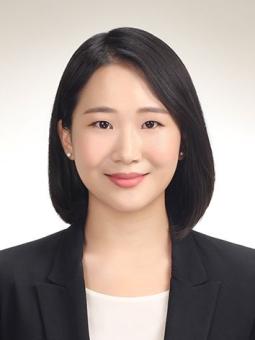
이도윤 기자 dobby@kbs.co.kr
이도윤 기자의 기사 모음
-
이 기사가 좋으셨다면
-
좋아요
0
-
응원해요
0
-
후속 원해요
0










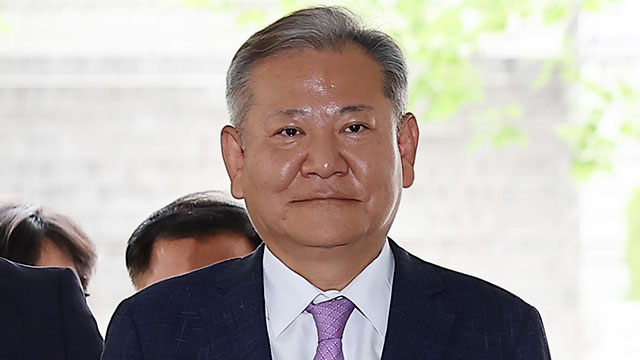
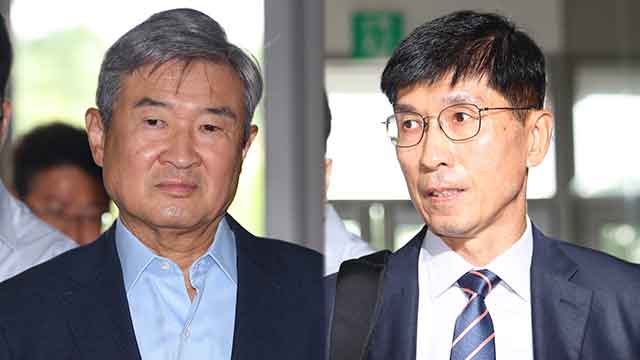
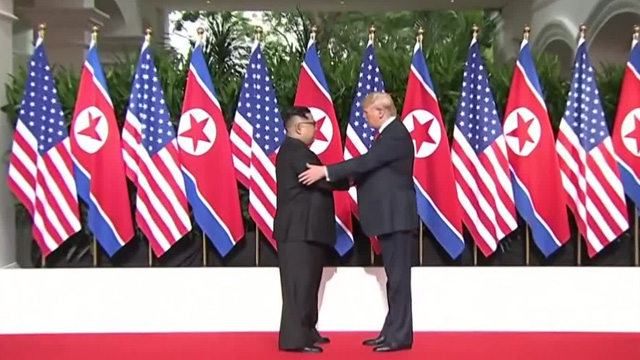
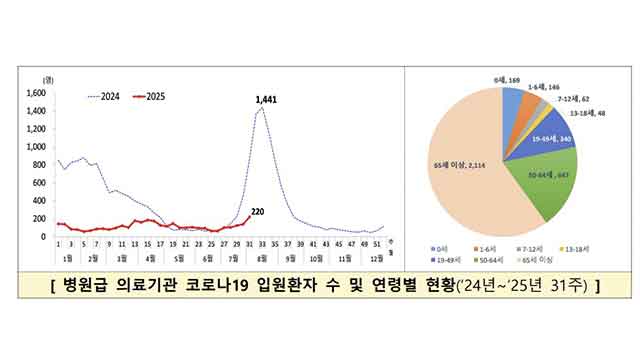

이 기사에 대한 의견을 남겨주세요.